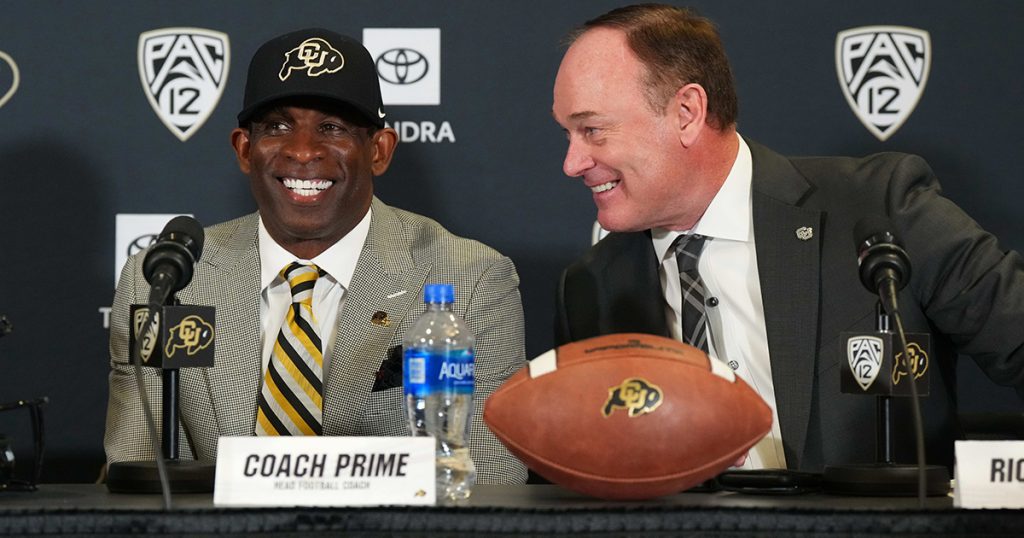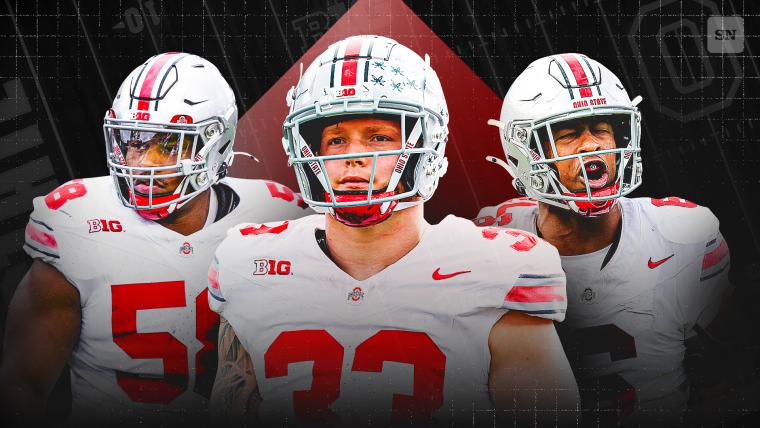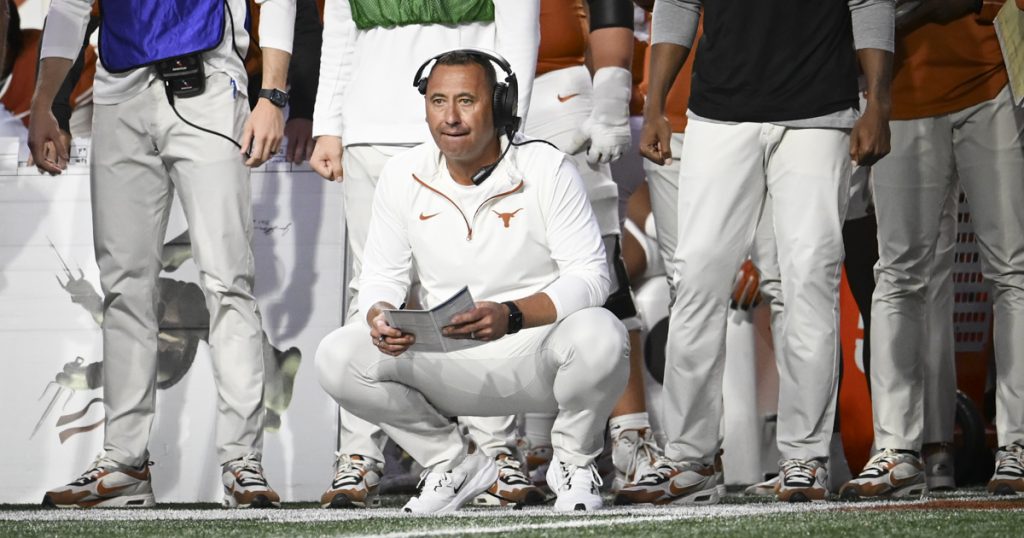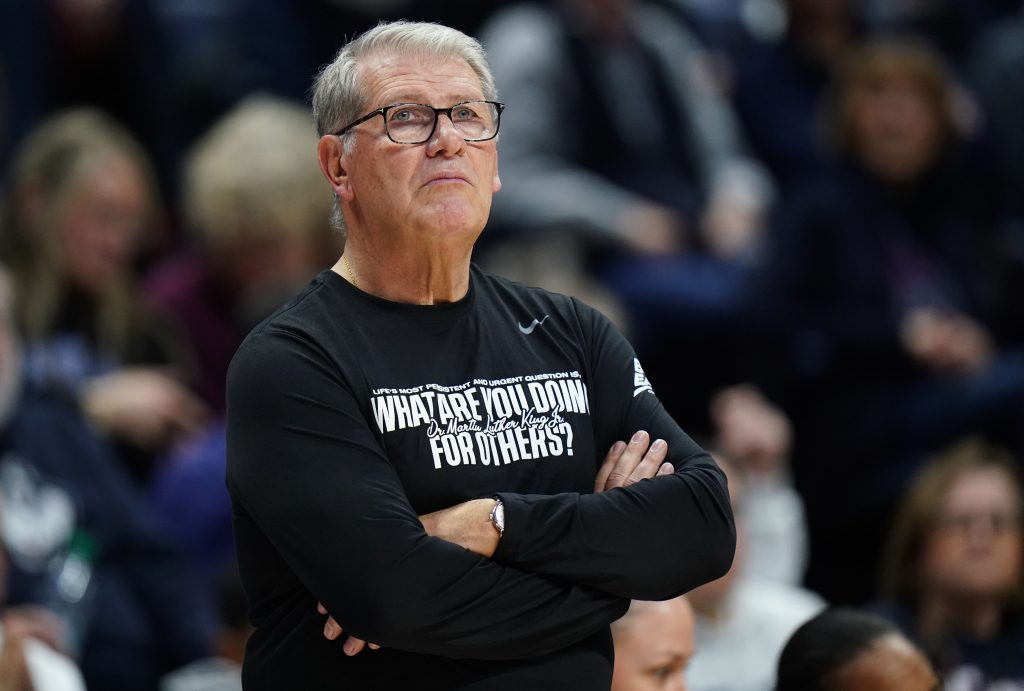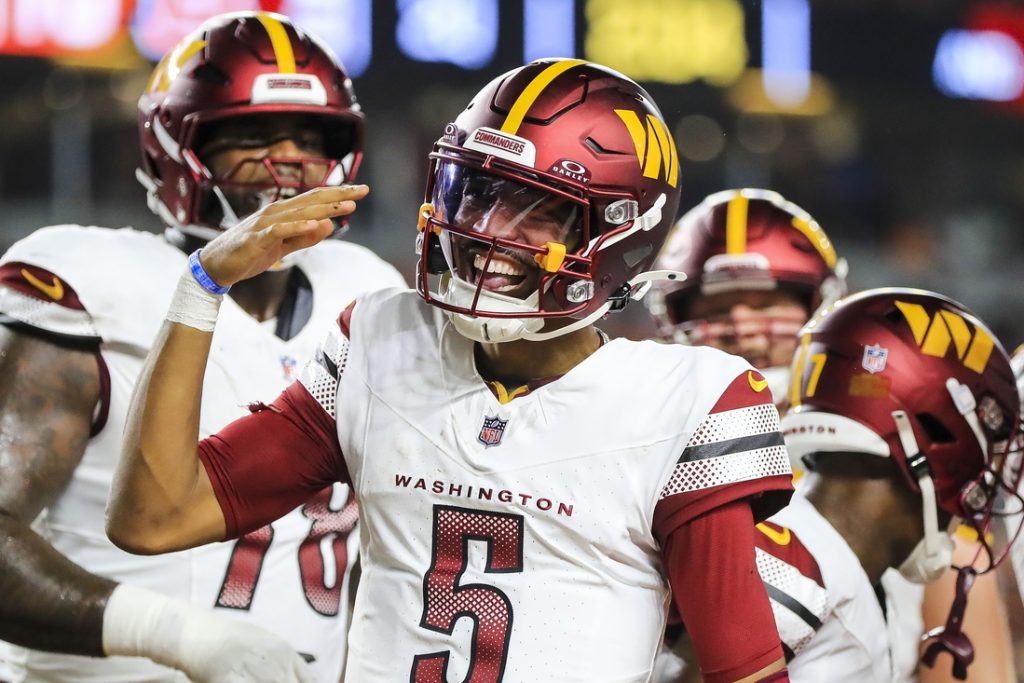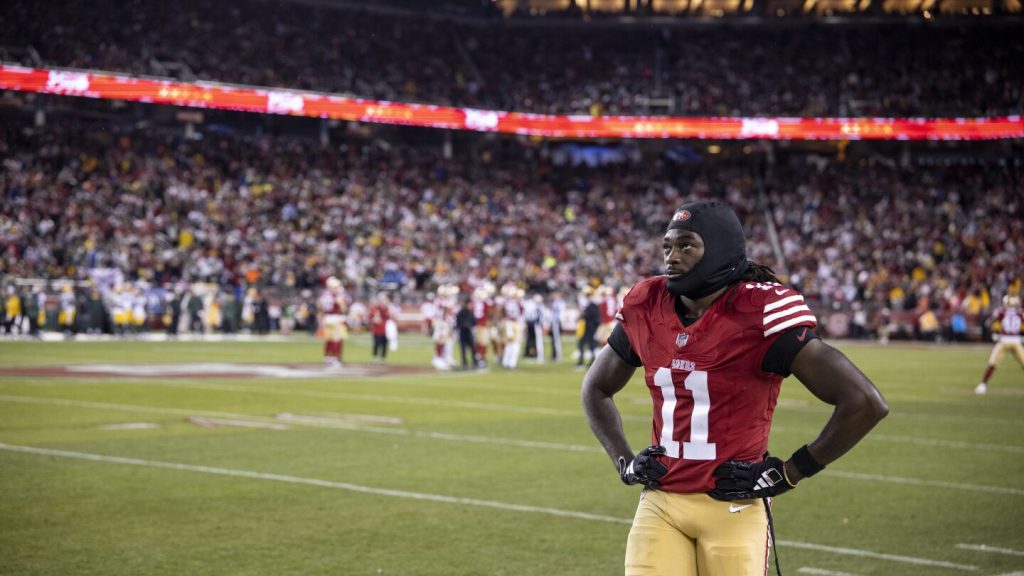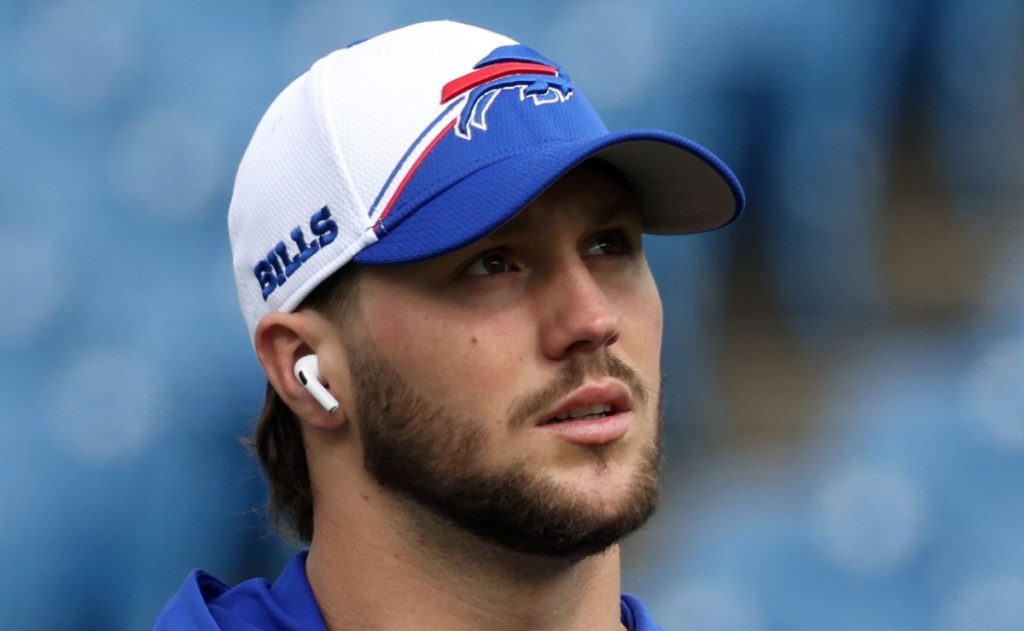As the college football world buzzes with speculation, the spotlight is firmly on Deion Sanders and his potential move to the NFL as the head coach of the Dallas Cowboys. Following the recent departure of Mike McCarthy, Sanders has emerged as a prominent candidate for the position. However, the implications of this pursuit are rippling through his current role at Colorado, where he has been making waves since his arrival.
Deion Sanders and the Cowboys: A Potential Match?
Sanders confirmed that he had discussions with Jerry Jones, the owner of the Cowboys, regarding the head coaching vacancy. He described the conversation as “intriguing” but emphasized that his primary focus remains on his responsibilities at Colorado. This dual interest raises questions: How will this affect his current team? And what does it mean for the future of the Cowboys?
As the Cowboys embark on their search for a new head coach, Sanders is not alone in the spotlight. Other names like Robert Saleh and Kellen Moore are also in the mix, with Saleh already scheduled for an interview. Yet, Sanders continues to be a significant figure in the early stages of this coaching search, indicating that the conversation around him is far from over.
Colorado’s Response to NIL Demands
Amidst these discussions, Sanders has reportedly approached Colorado athletics director Rick George for increased resources, particularly in terms of NIL (Name, Image, Likeness) funding and staff support. According to reports, he faced resistance in this request, which raises critical questions about the university’s commitment to supporting its football program and its head coach during this pivotal time.
In an intriguing twist, the University of Colorado has recently severed ties with its NIL collective, the 5430 Alliance, just months after its inception. This move reflects a broader trend among colleges preparing for a revenue-sharing era in college athletics. With the potential for schools to share upwards of $20 million directly with athletes, Colorado’s decision to cut ties with the collective could impact Sanders’ ability to compete for top talent.
Understanding Sanders’ Assistant Coach Salary Pool
Sanders’ initial contract at Colorado included a $5 million salary pool for assistant coaches, placing the Buffaloes at No. 44 in the nation for assistant coach salaries during the 2024 season. This figure ranks seventh among Big 12 programs, with offensive coordinator Pat Shurmur earning the highest salary at $801,000, closely followed by defensive coordinator Robert Livingston at $800,750.
In comparison, powerhouse programs like Ohio State and Georgia are investing significantly more in their coaching staff, with assistant salaries reaching $11.4 million and $10.3 million, respectively. This disparity raises an important question: Can Colorado compete at the highest level with such a limited salary pool for its coaching staff?
The Future of NIL and College Football
The landscape of college football is changing rapidly, especially with the impending House v. NCAA settlement. The decision to cut ties with the NIL collective is part of a larger strategy by Colorado to adapt to these changes. As more schools, including Alabama and Notre Dame, redirect their NIL efforts, the competition for talent is intensifying.
Colorado AD Rick George noted that the decision was influenced by the upcoming settlement, which could allow schools to share substantial funds with their athletes. He expressed confidence that these changes would help maintain Colorado’s status as a leader in student-athlete support, making it easier for fans to invest in the program.
Coaches Supporting NIL Initiatives
Interestingly, some coaches are taking proactive steps to bolster their programs’ NIL efforts. For instance, Mike Norvell of Florida State has agreed to contribute a portion of his salary to enhance NIL initiatives, reflecting a growing trend among coaches to prioritize athlete compensation and support.
In a similar vein, Bill Belichick at North Carolina has negotiated a $10 million salary pool for his staff, indicating a commitment to building a competitive program. With UNC preparing to share $13 million with its football players, the landscape of college athletics is evolving, and coaches are adapting to ensure their programs remain competitive.
What Lies Ahead for Sanders and Colorado?
As the situation unfolds, the future for Deion Sanders and Colorado remains uncertain. Will he stay committed to the Buffaloes, or will the allure of the NFL prove too strong? The challenges he faces at Colorado, from securing additional resources to navigating the complexities of NIL, are significant.
In a world where college football is increasingly influenced by financial dynamics and coaching talent, the decisions made in the coming weeks will be crucial. Whether Sanders remains at Colorado or takes the leap to the NFL, one thing is clear: the impact of his choices will resonate throughout the college football landscape for years to come. The question remains—how will this all play out? Only time will tell.

